
G-G the book.
I should like to say two things, one intellectual and one moral.Catch the full BBC interview, very much worth the watch in its entirety, here:
The intellectual thing I should want to say is this: When you are studying any matter, or considering any philosophy, ask yourself only what are the facts and what is the truth that the facts bear out. Never let yourself be diverted either by what you wish to believe, or by what you think would have beneficent social effects if it were believed. But look only, and solely, at what are the facts. That is the intellectual thing that I should wish to say.
The moral thing I should wish to say to them is very simple: I should say, love is wise, hatred is foolish. In this world which is getting more and more closely interconnected, we have to learn to tolerate each other, we have to learn to put up with the fact that some people say things that we don’t like. We can only live together in that way — and if we are to live together and not die together, we must learn a kind of charity and a kind of tolerance, which is absolutely vital to the continuation of human life on this planet.
 Brain Pickings has a free weekly newsletter and people say it’s cool. It comes out on Sundays and offers the week’s best articles. Here’s what to expect. Like? Sign up.
Brain Pickings has a free weekly newsletter and people say it’s cool. It comes out on Sundays and offers the week’s best articles. Here’s what to expect. Like? Sign up.
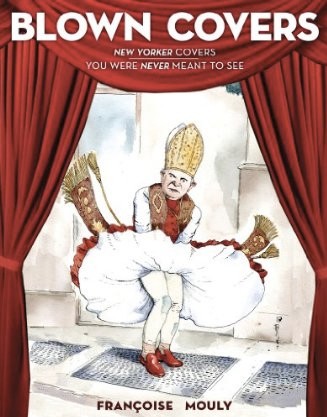 Since its inception in 1925, The New Yorker has garnered remarkable reverence as much for its editorial style as it has for its inimitable covers, a singular medium for political and sociocultural visual satire matched perhaps only by Al Jaffee’s legendary MAD magazine fold-ins. In Blown Covers: New Yorker Covers You Were Never Meant to See, Françoise Mouly, New Yorker art director of nearly two decades, offers exactly what it says on the tin — a delicious forbidden taste of the art that didn’t quite nail it, or nailed it a bit too hard.
Since its inception in 1925, The New Yorker has garnered remarkable reverence as much for its editorial style as it has for its inimitable covers, a singular medium for political and sociocultural visual satire matched perhaps only by Al Jaffee’s legendary MAD magazine fold-ins. In Blown Covers: New Yorker Covers You Were Never Meant to See, Françoise Mouly, New Yorker art director of nearly two decades, offers exactly what it says on the tin — a delicious forbidden taste of the art that didn’t quite nail it, or nailed it a bit too hard.
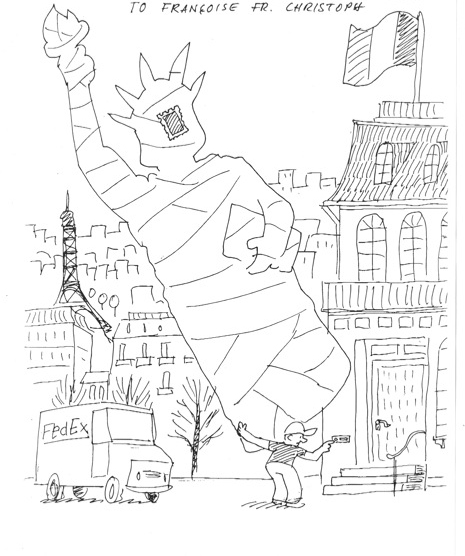
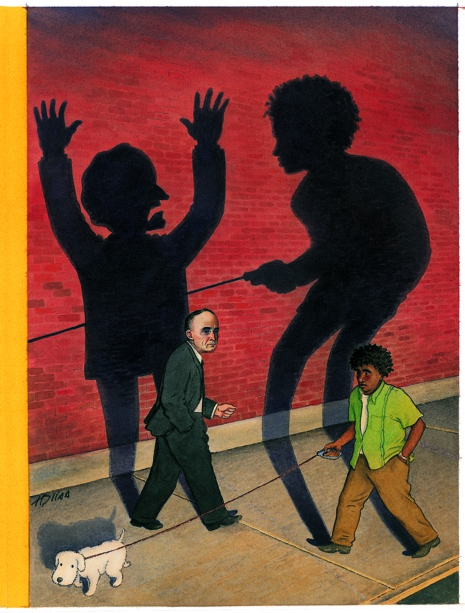
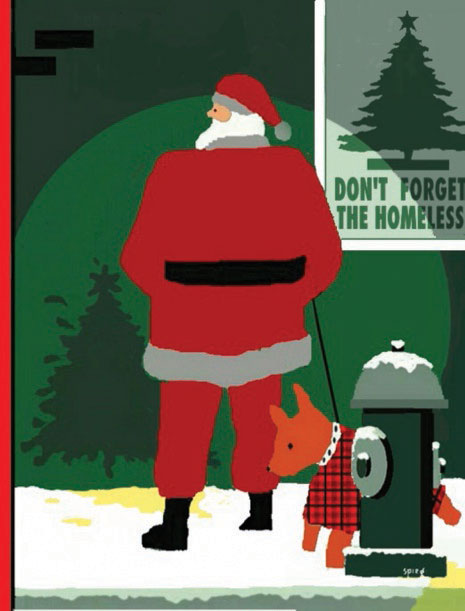
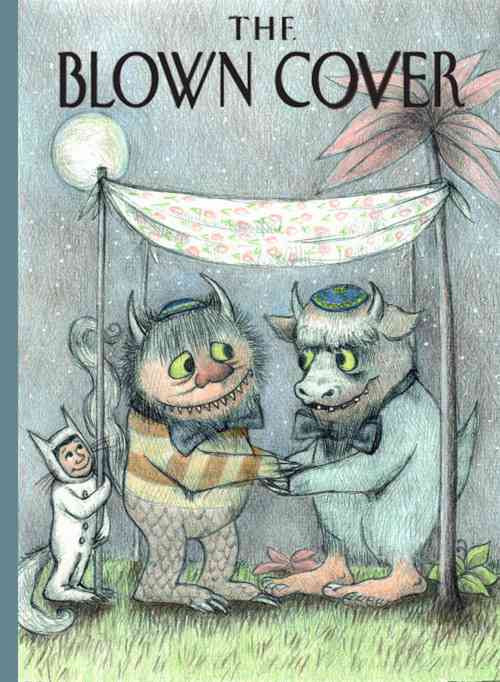
One could have to do with demystifying, making the process more predictable. But I actually think that it’s so rich and so interesting that it’s actually even more interesting if you have a sense of how the images are thought about, rather than less. It doesn’t explain anything because it still is genius when somebody gets the right idea.Images courtesy of Abrams Books
 Brain Pickings has a free weekly newsletter and people say it’s cool. It comes out on Sundays and offers the week’s best articles. Here’s what to expect. Like? Sign up.
Brain Pickings has a free weekly newsletter and people say it’s cool. It comes out on Sundays and offers the week’s best articles. Here’s what to expect. Like? Sign up.